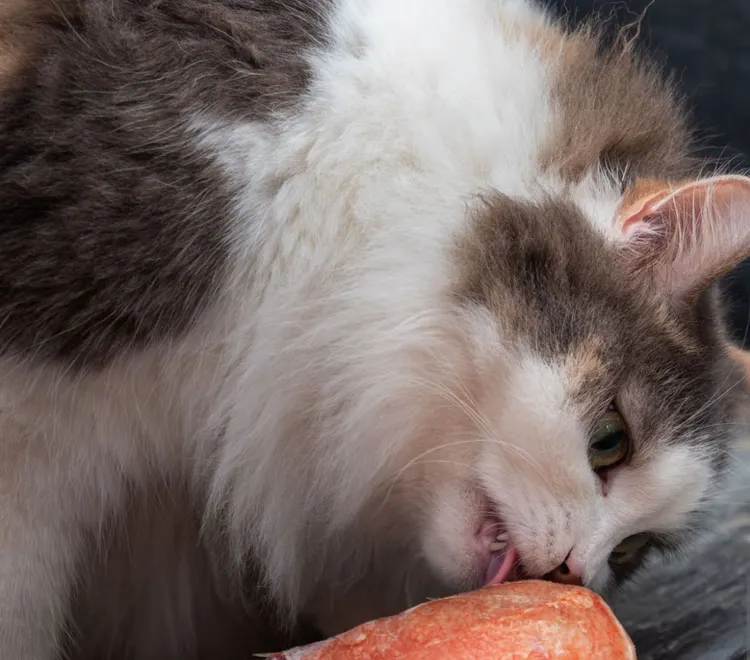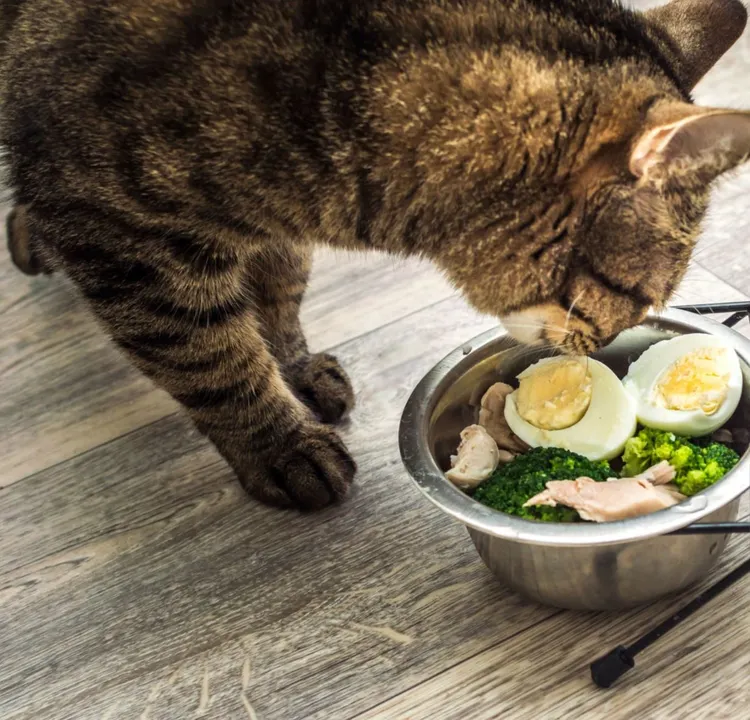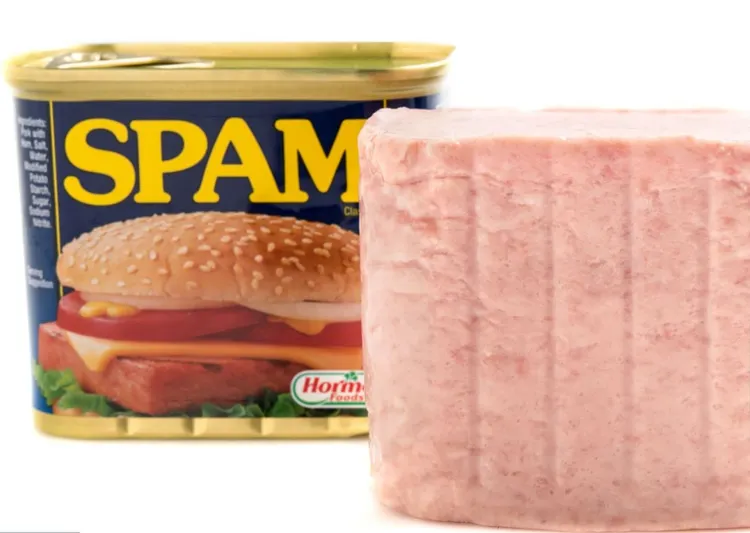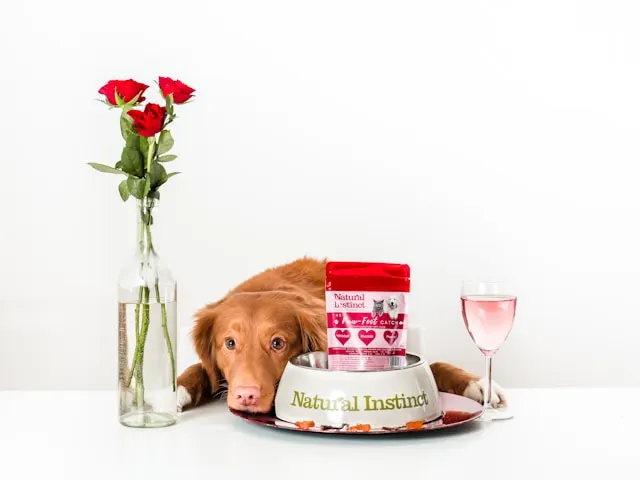Whether it’s your cat eyeing your sandwich or purring at the smell of canned meat, you might be tempted to share a bite—but is Spam really a treat you should be giving your cat? As cat owners, we often want to spoil our feline friends, but it’s essential to understand whether certain human foods are safe for them. Spam, a popular canned meat product, may smell appealing to your cat, but before you offer them a taste, it’s important to consider the potential health risks. This post will dive into what Spam is made of, why it’s not suitable for cats, and healthier, eco-friendly alternatives to processed foods like Spam.
What Is Spam Made Of?
Spam is a type of processed meat that has been a staple in many households for decades. While it might seem like a convenient and tasty snack, the ingredients in Spam are far from ideal for a cat’s diet. Here’s a closer look at what’s inside:
- Pork and Ham: The primary meat ingredients in Spam, but often lower quality cuts that can be high in fat.
- Salt: Spam contains a significant amount of sodium, with one serving (56 grams) containing around 790 milligrams of sodium—way too much for a cat.
- Sugar: While not a massive amount, Spam includes sugar, which isn’t necessary in a cat’s diet.
- Water: This ingredient helps to keep the product moist.
- Modified Potato Starch: This acts as a binder in the product, giving Spam its firm texture.
- Sodium Nitrite: This preservative helps to extend the shelf life of Spam, but it can be harmful to cats when ingested regularly.
Spam’s high levels of sodium, fats, and preservatives make it unsuitable for regular consumption by cats. While your cat might be drawn to the smell or taste, it’s essential to be aware of the risks that this processed food poses to their health.
Why Spam Is Not Suitable for Cats
Feeding your cat Spam may seem harmless, but it can lead to a number of health problems. Here are the key reasons why Spam should be avoided:

1. High Sodium Content
One of the biggest concerns with Spam is its high sodium content. Cats require very little salt in their diet, and excessive amounts can lead to sodium poisoning. Symptoms of sodium poisoning in cats include vomiting, diarrhea, lethargy, tremors, and in severe cases, seizures or death. Cats are particularly sensitive to high levels of sodium, and even small amounts of Spam can disrupt their delicate salt balance, leading to dehydration and kidney strain.
2. Preservatives and Additives
Spam contains sodium nitrite, a preservative used to prevent bacterial growth and extend shelf life. While it helps keep the product fresh for longer, sodium nitrite is harmful to cats and can cause digestive upset and more serious issues if consumed in large quantities. Additionally, Spam’s sugar content is unnecessary for cats, who don’t have the same taste receptors for sweetness as humans do, making it an unnecessary additive with no nutritional benefit.
3. Fat Content
Another major concern with Spam is its high fat content. A diet high in fat can lead to obesity in cats, which can increase the risk of diabetes, heart disease, and arthritis. Additionally, cats that consume too much fat are at risk of developing pancreatitis, a potentially life-threatening inflammation of the pancreas. While cats need a certain amount of fat in their diet, it’s essential to source these fats from healthy, natural sources like fish or poultry rather than processed meats like Spam.
Healthier Alternatives to Spam for Cats
Rather than sharing processed foods like Spam, consider offering your cat natural, eco-friendly alternatives that are safe and nutritious. Here are some healthy options:
1. Cooked Chicken or Turkey
Lean meats like organic chicken or turkey are excellent alternatives to Spam. Make sure the meat is cooked without added salt, spices, or oils, as these can be harmful to cats. Both chicken and turkey provide cats with high-quality protein and healthy fats without the harmful additives found in processed foods.
2. Tuna in Water (Occasional Treat)
Cats often love the taste of tuna, but it’s important to serve it in moderation. Opt for tuna packed in water rather than oil, as the latter can be too fatty. Tuna can be offered as an occasional treat, but it shouldn’t be a staple in your cat’s diet due to its high mercury content.
3. Homemade Cat Treats
Creating homemade cat treats is a great way to ensure that your cat is getting high-quality, eco-friendly snacks. You can use organic chicken, salmon, or even beef, along with cat-safe vegetables like pumpkin or sweet potatoes. Here’s a simple recipe for healthy, eco-friendly cat treats:
- Ingredients:
- 1 cup organic chicken (cooked and shredded)
- 1 tablespoon organic pumpkin purée
- 1 tablespoon olive oil
- 1 egg (organic, free-range)
- Instructions:
- Preheat your oven to 350°F (175°C).
- In a bowl, mix all the ingredients until well-combined.
- Roll the mixture into small balls or use a cookie cutter to shape them.
- Place the treats on a baking sheet and bake for 10-15 minutes or until golden brown.
- Allow the treats to cool before serving.
These treats are not only healthier for your cat but also minimize the environmental impact by using organic, sustainable ingredients.

The Risks of Processed Foods for Cats
While it might be tempting to share processed human foods with your pets, such as Spam, these products are generally not suitable for cats. Over time, feeding cats processed foods can lead to serious health issues, including:
- Obesity: Processed foods are often high in unhealthy fats and calories, which can cause rapid weight gain in cats.
- Pancreatitis: High-fat diets can lead to inflammation of the pancreas, a painful and potentially fatal condition for cats.
- Kidney Disease: High sodium levels in processed foods can lead to dehydration and strain on the kidneys, increasing the risk of chronic kidney disease.
- Gastrointestinal Problems: Cats have sensitive digestive systems, and processed foods with preservatives, additives, and fillers can lead to digestive upset, including vomiting and diarrhea.
Feeding cats a balanced, natural diet of high-quality proteins and healthy fats is the best way to support their overall health and well-being.
Conclusion
While it might seem harmless to give your cat a taste of Spam, the risks far outweigh any benefits. The high sodium, fat, and preservative content in Spam can lead to serious health issues for cats, including sodium poisoning, obesity, and pancreatitis. Instead of processed foods, opt for eco-friendly, natural alternatives like cooked chicken, turkey, or homemade cat treats using sustainable ingredients.
Choosing healthier, natural options not only supports your cat’s health but also aligns with eco-friendly values, reducing environmental impact. Remember, the best way to show love for your feline friend is by providing a balanced, nutritious diet that keeps them happy and healthy for years to come.



